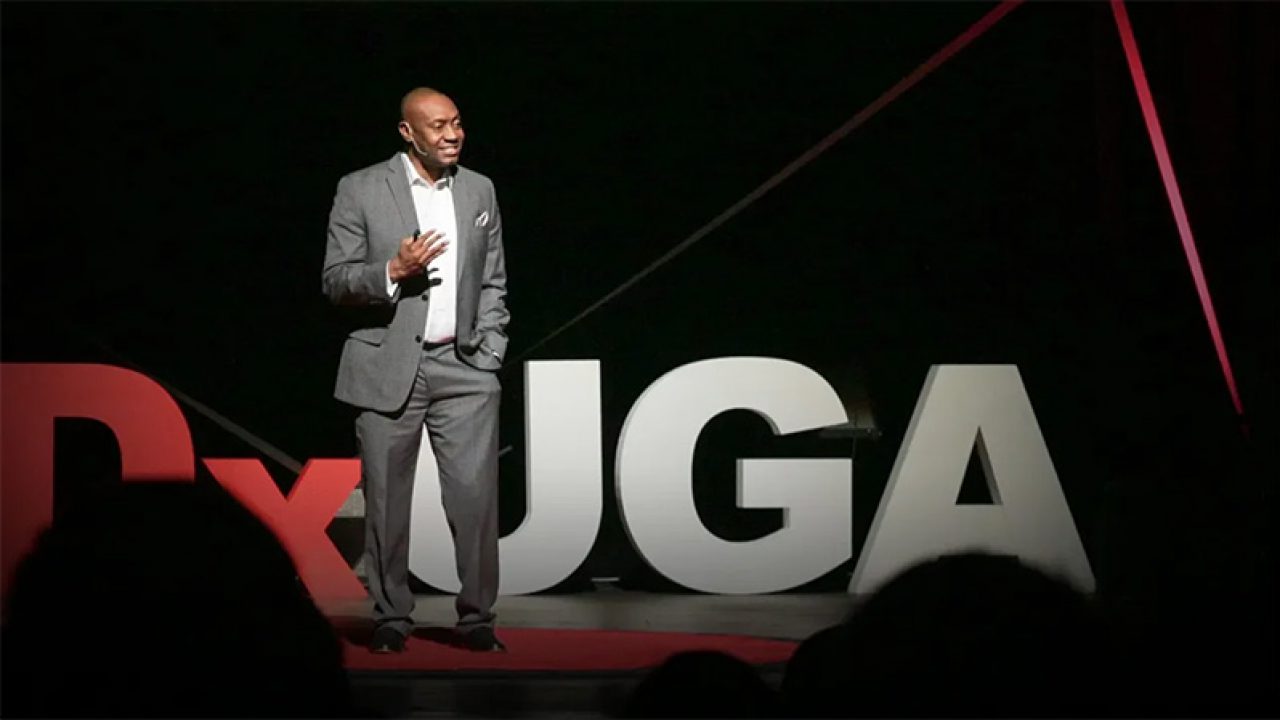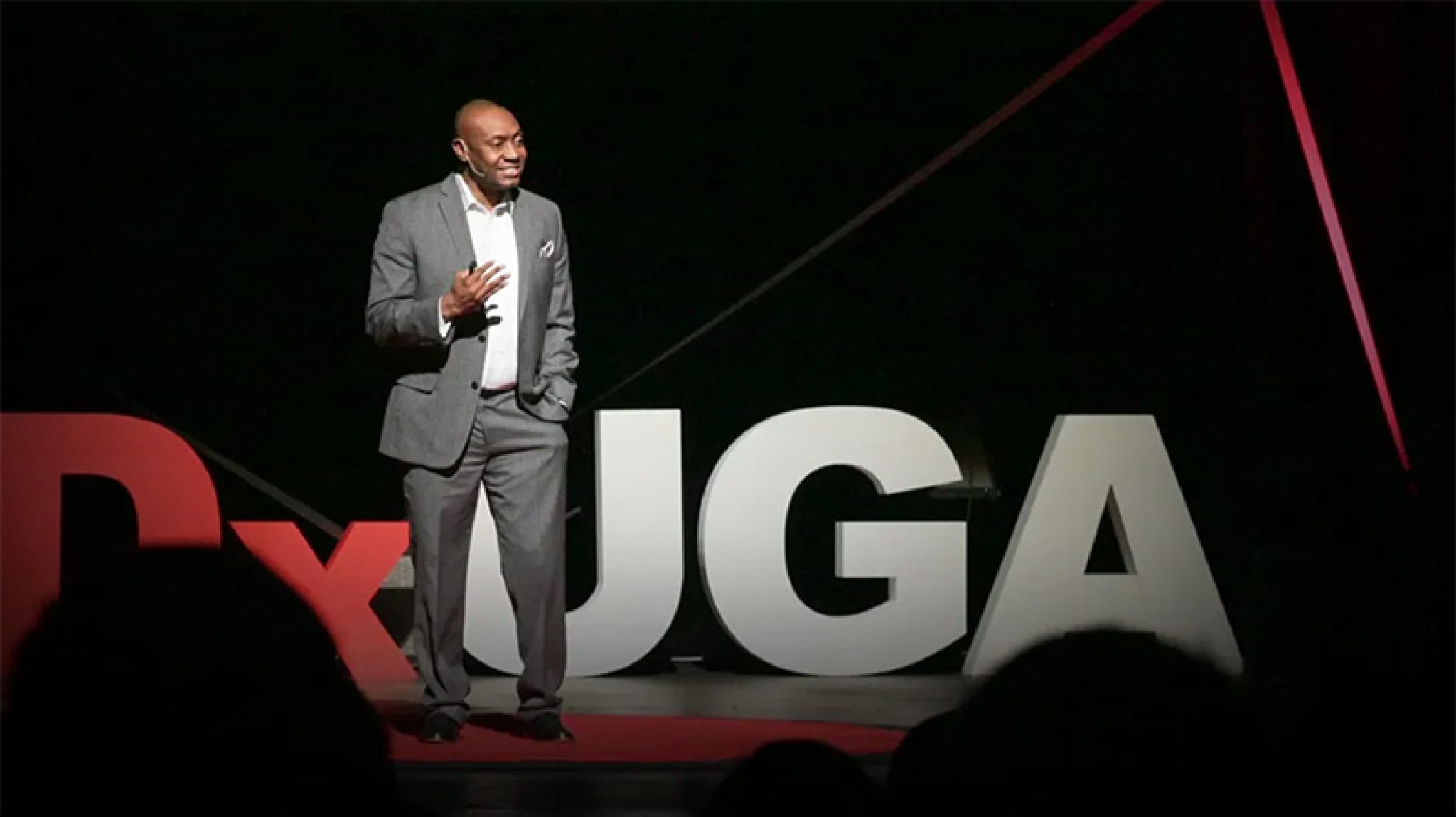
When a scientific fact or another well-established fact of life is put to you, how do you react? For all of us, there are certain things that we will receive warmly. Other things we will reject outright, no matter how solid the evidence, due to our existing worldview which – in our minds – renders it “impossible”. Yet is this attitude good for us, and for the world?
In this entertaining and enlightening TED Talk, J. Marshall Shepherd talks about three types of common biases which inhibit our ability to accept certain truths – many of which may be crucial to helping us thrive. As a meteorologist formerly at NASA, he uses climate change as a case study, showing the disparities between what scientists widely believe – i.e. 87% say humans are contributing to it – and the general public, where only 50% agree.
How can this be the case? According to Marshall, it is due to biases and belief systems. In his talk, he powerfully illustrates three forces which can prevent us from accepting well-established truths: confirmation bias, Dunning-Kruger effect and cognitive dissonance.
As financial planners here at Tandem Financial, we find these three to be also to be at work in people’s lives when it comes to attitudes and decisions about money. The first (confirmation bias) refers to only finding evidence which supports what we already believe, rather than the evidence which may contradict it.
People do this when it comes to their beliefs about climate change, as Shepherd entertainingly illustrates in his Twitter story at 03:46. Yet investors also do it when justifying how they commit their capital. If, for instance, you firmly believe that you can “beat the market” with your buying and selling choices, then you may choose to ignore any well-established academic literature which shows (repeatedly) that almost no one can do this consistently.
Dunning-Kruger refers to our tendency to think that we know more about something than we really do. Again, people do this with money and investing all the time. Yet pretending to have full knowledge about a particular asset, stock or market can lead to detrimental results.
Finally, Marshall powerfully illustrates cognitive dissonance – where we hold beliefs, values or ideas at the same time which contradict one another. In finance, this might happen when we argue that “time in the market” beats trying to “time the market”, whilst simultaneously using a day trading account on a regular basis!
Overall, this TED Talk is a powerful reminder of how we can all be blinded by our biases. It also offers practical steps at the end to help counteract them, including asking ourselves regularly questions like: “Am I just looking at the evidence I want to see?”
If you’re interested in learning about how biases shape our money choices, then we at Tandem heartily recommend this great TED Talk to you. It is short, to-the-point and entertaining to listen to. There is also some compelling research in the presentation to back up the points being made. Enjoy!




